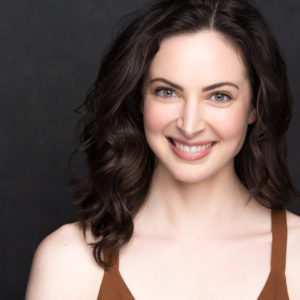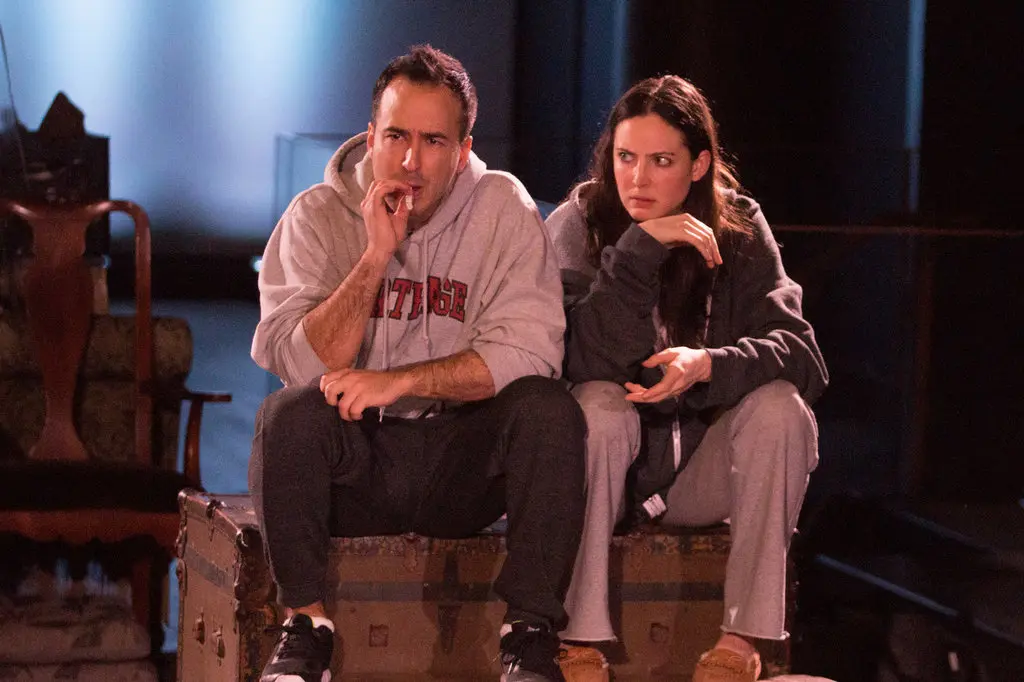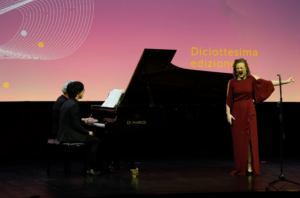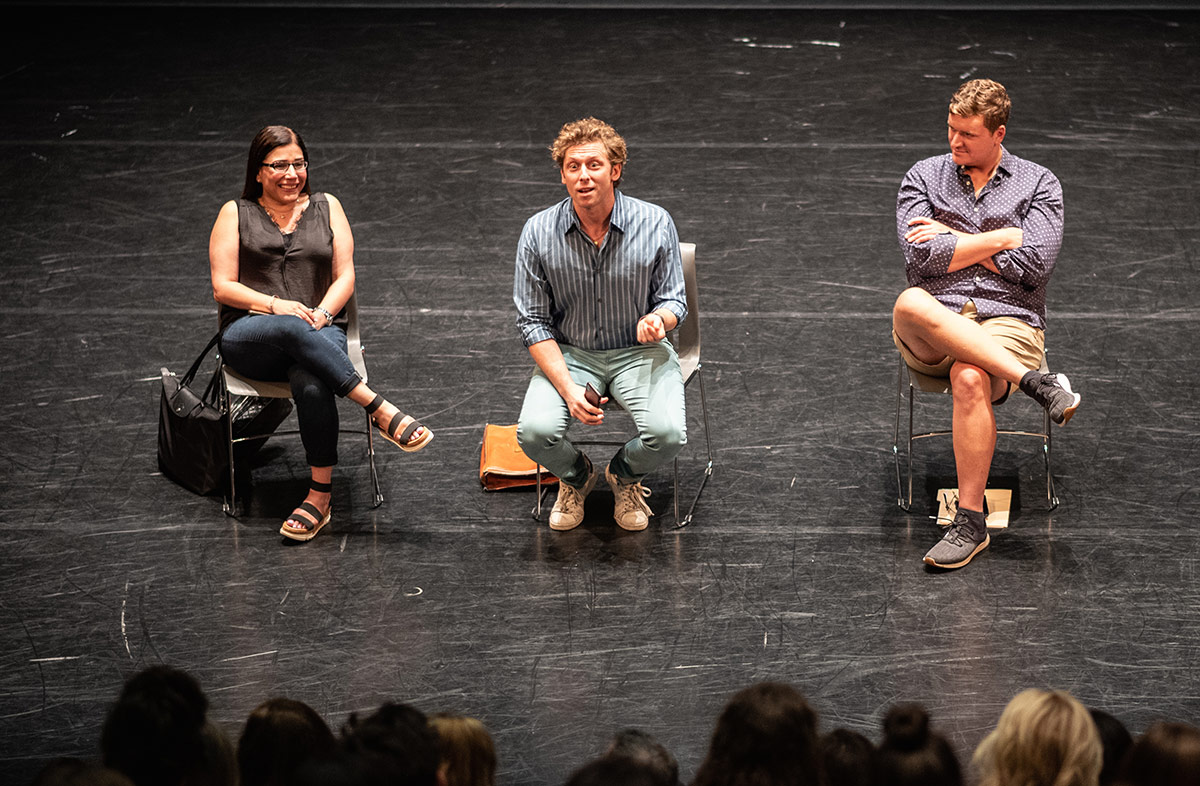So, you’re taking the plunge and auditioning for theater schools. Hooray! Maybe you have some monologues you’ve done in the past, or maybe this is your first time jumping into the acting audition world. In either case, what are colleges looking for? How do their expectations differ from a high school audition or an audition for a play? I’m Katie Wieland, a veteran monologue coach for MTCA, and I’ve been there. The process can be daunting, so I’ll help you out with what you need to know about the college-level expectations of a monologue audition.
Let’s start at the beginning, selecting good material. Since you get to choose your own monologues for college auditions (not always the case when auditioning for a school show or play), colleges are expecting to learn something about you through the material you select. Maybe it is something about yourself you love that you are highlighting, like say, your kooky sense of humor. Or maybe it is an issue you care deeply about. Perhaps you imagine yourself handling the situation the monologue presents similarly to how the character is approaching it. Or maybe you have never experienced what the character is going through at all, but the writing excites you and makes you want to get on your feet and explore it creatively. Whatever the connection is, make sure it’s there! They are hoping for a little peek into who you are and what kind of art you are excited about!
Keep in mind, the material should be something from an actual play, not something you found on a monologue database website. This may be different from your auditions in high school. If it comes up when you google “best audition monologues” or “female teen monologues,” there are probably hundreds of other people looking at the exact same thing. You want to stand out! Also, the monologues on these sites are often written to be audition monologues, without the context of a surrounding play. While they may feel great to perform, and could be perfect for your high school auditions – in a college audition you will be expected and encouraged to be able to talk about the play and the character. Why? Great question.
Colleges aren’t just interested in you as a monologue-delivery machine – they want to know what kind of artist you aspire to be!
They want to know how you think, how you work, and how comfortable you are representing those aspects of yourself. That doesn’t mean you have to be an expert scholar on the play with a graduate-level thesis on how Charlie Brown represents the Sisyphean everyman! You just have to have an opinion. Have a clear sense of what the play is about and who your character is. How are you similar to your character? How are you different? Read it several times. Talk to your friends, family, and teachers about it. Then, when your auditor watches your audition and asks you “Did you like the play?”, you’ll be prepared to answer with something like: “I liked it – it was really surprising when [blank] happened. It made me lean into an aspect of the character that I didn’t see before I read the play!” instead of “I liked it – I don’t really remember what it was about. I guess it was… dramatic?” Hopefully you can guess which of those two answers is more likely to lead to success.
Once you have a monologue you love and connect to and have read and explored the play, the real work begins. And no, I don’t mean memorizing! Now you get to dive into all the juicy nooks and crannies of creating a character and monologue at a college-level. Where does the scene take place? How can you bring that world and environment into the studio/bedroom/park that you are rehearsing in? How can it feel like a full scene with a specific and alive scene partner instead of a calculated and stationary piece that you have done the same way over and over and over to a post it note on your wall? Can you bring us into the world of the play where we don’t know what is about to happen and we are with you, every moment, leaning forward to find out? Absolutely, you can! Can you, at the same time, feel like a real, living human being with deep and rich inner life that we can see existed before and after this monologue? We should feel like we are transported to another place and, potentially, time when we see your pieces. That is the magic of theatre that we all know and love, yes?! And how can you do all of this without “showing your work?” How can you be the character rather than just representing them?
Think of it this way: isn’t one of the things that makes Meryl Streep so great in the Devil Wears Prada the fact that when she slings those insults at poor Anne Hathaway, they sound like she’s coming up with them for the first time? You definitely don’t feel like she has rehearsed and rehearsed and is now accurately reproducing the perfect delivery she chiseled into existence like it was Michaelangelo’s David. She’s just having fun being her character, Miranda, which she knows like the back of her hand.
She is able to be playful with all of the work she has done. Your auditors want to see you having fun! “But Katie,” you’re thinking, “my monologue can hardly be described as fun. It’s from “Death of a Hamlet” by famed tragedian Arthur Shakespeare.” Well the good news is that fun is not exclusive to comedy. Fun is what happens when you’re living and acting in the moment, making discoveries and choices and enjoying the surprise. Maybe you’re thinking “But Katie, I’ve worked so hard for so long to get my monologue perfect. I want to know exactly what I will do when I walk into the room and perform my monologue.” I totally get it. Unfortunately, I’m here to tell you that there is no perfect! Truly. Art is subjective. People’s opinions will always differ about what perfect looks like. And as it turns out, auditors are people too. Redefine your idea of “perfection” away from making the “right” choices with your monologue.
Instead, think of the “perfect” audition as one where you’ve done all of the necessary homework to know your character, the world they live in, and the situation they find themselves in so well that you can now play within that world.
You can keep making discoveries each and every time you do the monologue, including while you are filming prescreens and in the audition room! In fact, if you are really in it, you may not even feel like you are “performing” at all, but rather stepping curiously into the world that you have created and exploring what it has to offer you this time. Easier said than done, I know, but your coaches will help you with this and your auditors will love you for it.
Now get out there and do some college-level monologuing! You’ve got this. Remember to choose material that you connect to and that you are excited to work on, do that work, and keep playing with your choices so that your work continues to grow. And when you need help anywhere along that road, your coaches at MTCA are here for you!
Break a leg!
About the Author

Born and raised in Littleton, Colorado, Katie proudly graduated from Carnegie Mellon University with honors and a B.F.A in Acting. As an actor she has performed in NYC with the Public Theatre’s “Shakespeare in the Park” (All’s Well That Ends Well), Esperance Theatre Company’s world premiere of Jeremy Kamps’ Breitwisch Farm, Irondale Ensemble’s 1599 Project, and has workshopped new plays with the Roundabout Theatre Co and the Public Theatre. Regionally, she has performed with the Pioneer Theatre Co, Shakespeare Theatre of NJ, Shakespeare on the Sound, Allentown Shakespeare, and the Kinetic Theatre Co. Katie began her teaching career as a dance instructor teaching tap, jazz, and musical theatre styles. Now, she focuses on acting, coaching monologues for MTCA and leading Shakespeare workshops for young artists. She is based in NYC and adores a tea and pastry.
www.KatieWieland.com




